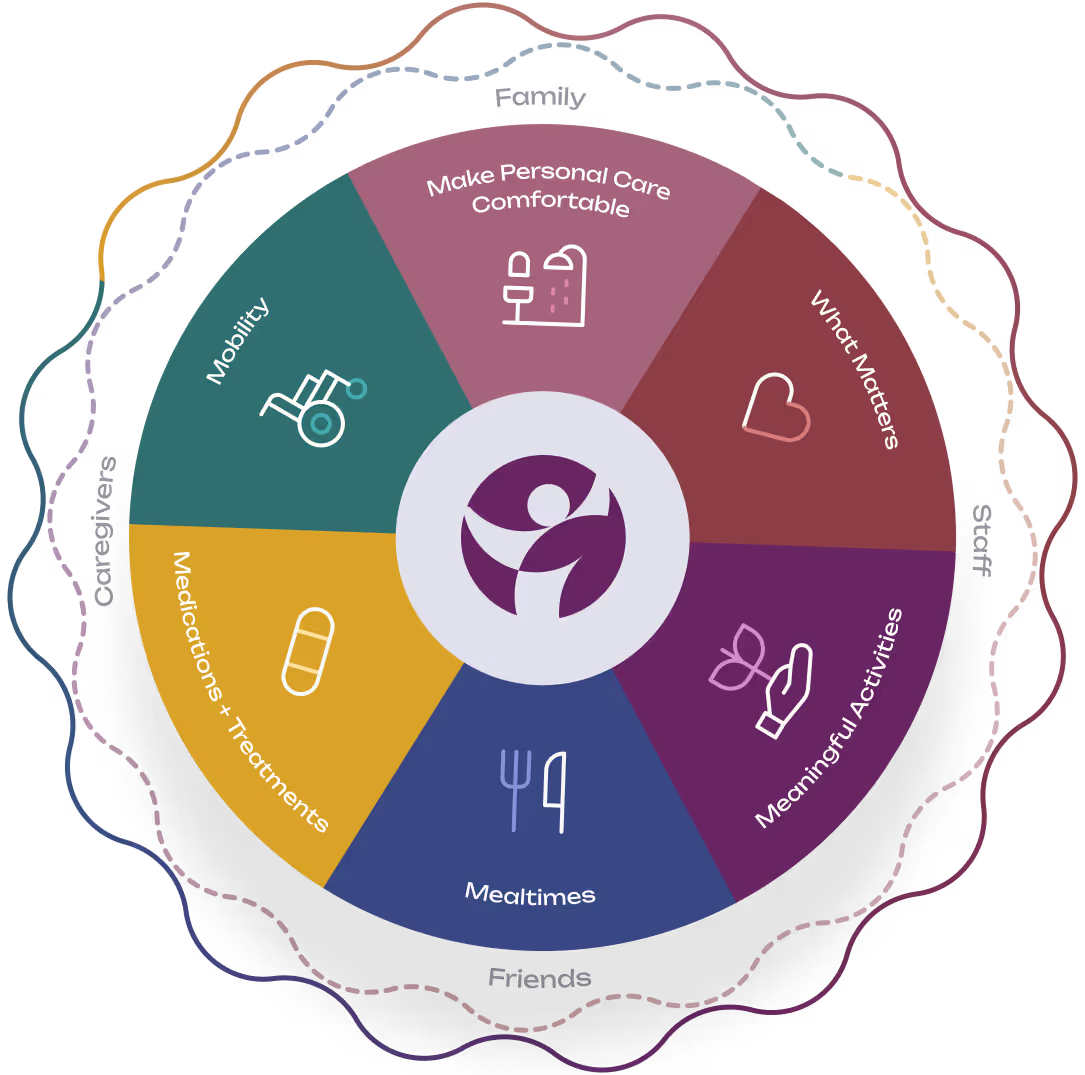Caring for your family member with dementia can be challenging and all-consuming. The physical, emotional, and financial strain imposed on family caregivers is associated with sadness, frustration, stress, loneliness, and exhaustion.
It is important to remember that before you can care for others, you must first take care of yourself. Prioritize your well-being by maintaining a healthy lifestyle based on balanced nutrition, regular physical activity, stress management, social connections, and sufficient rest. It is also advisable to join support groups and share your thoughts with family and friends. Don't hesitate to seek professional assistance when necessary.
Only by doing so will you be able to provide high-quality care to your loved one, while preserving your energy and commitment over the long term.

As a family caregiver, you are an essential partner in care. You know your loved one best and can help guide decisions that reflect their values, preferences, and unique needs.
Collaborating with healthcare providers ensures that care is personalized, respectful, and aligned with what matters most to your loved one. A team-based approach leads to better outcomes and greater comfort.
Speaking up about your loved one’s needs ensures they receive the care and support they deserve. Advocacy helps bridge the gap between medical care and personal preferences.
Clear, open discussions with healthcare providers help reduce stress, prevent misunderstandings, and lead to better decision-making for your loved one’s well-being.
The ADVANCED-Comfort 6M Care Plan is a tool designed to help organize important details about your loved one’s care. Filling it out can guide conversations with providers, ensuring a more structured and personalized approach to their comfort and quality of life.
Discover how you can be an active member of the care team and create comfort and quality of life for a loved one with advanced dementia.
